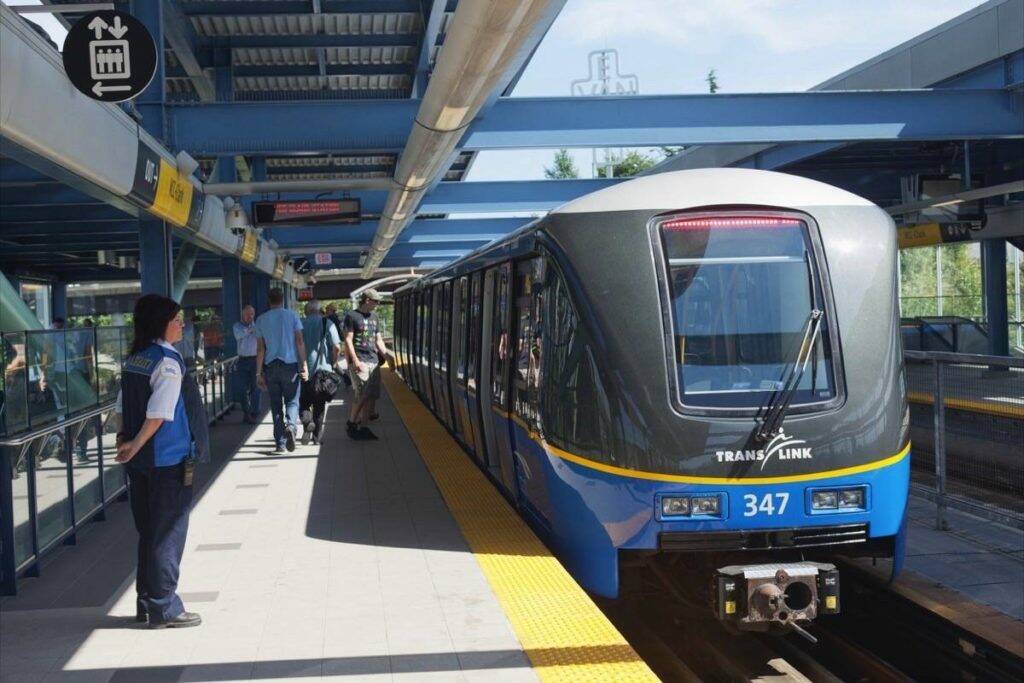A B.C. economist is calling on the federal government to up the speed and scale of transit funding.
In 2021, the federal government announced the Permanent Public Transit Fund. It allocates $5.9 billion over five years and $3 billion per year starting in 2026-27. But despite pleas from provincial and municipal officials leading up to the 2024 federal budget to speed up spending, Ottawa is sticking to its original timeline.
Marc Lee, senior economist with the B.C. Office of the Canadian Centre for Policy Alternatives, said moving up the timing would “help alleviate some of the pressures” faced by TransLink. It is the regional transportation authority that runs buses and SkyTrain across 21 municipalities in Metro Vancouver, home to just over half of the provincial population.
Lee belongs to a growing chorus of voices, who are concerned about the lack of necessary support from Ottawa for public transit. Experts consider improvements of public transit across B.C., but especially Metro Vancouver, a must in the face of climate change and the need to increase density to help solve the housing crisis.
Lee readily acknowledged the funding needs, but also pointed out Ottawa is still spending infrastructure money from previous budgets.
“Would we like to see more? Absolutely!”
Leaders in Metro Vancouver have long lamented Ottawa’s perceived indifference.
“The federal government delivered its budget with no new support for our region’s needs,” Port Coquitlam Mayor Brad West, chair of the mayors’ council on regional transportation said. “It’s not good enough.”
RELATED: $300M TransLink boost aimed at fixing transit issues in B.C. Lower Mainland
RELATED: TransLink projecting $4.7B funding gap between 2026 to 2033
West’s criticism came as the province announced an extra $300 million to boost service in Metro Vancouver. Last year, B.C. pumped almost $480 million into the system to keep fares stable and avoid service cuts.
B.C.’s Transportation Minister Rob Fleming echoed some of West’s concerns during Wednesday’s announcement. His ministry said in a later statement that B.C. has taken “unprecedented steps” in recent years to contribute to operational funding for TransLink on top of supporting major capital investments.
“We are also looking for the federal government to continue to partner with us, as they did at the start of the pandemic,” it reads. “As the regional transportation authority, TransLink has always been responsible for financing and managing transportation services in the Metro Vancouver region.”
A report published last year finds that TransLink would need approximately $600 million per year in new revenues to make up a projected shortfall of $4.7-billion deficit beginning in 2026 until 2033. That report found that TransLink’s traditional reliance on fuel taxes coupled with ridership fares was becoming increasingly insufficient.
B.C. Transit, which operates transit systems outside of Metro Vancouver, receives funding from local government, passengers and the provincial government.

